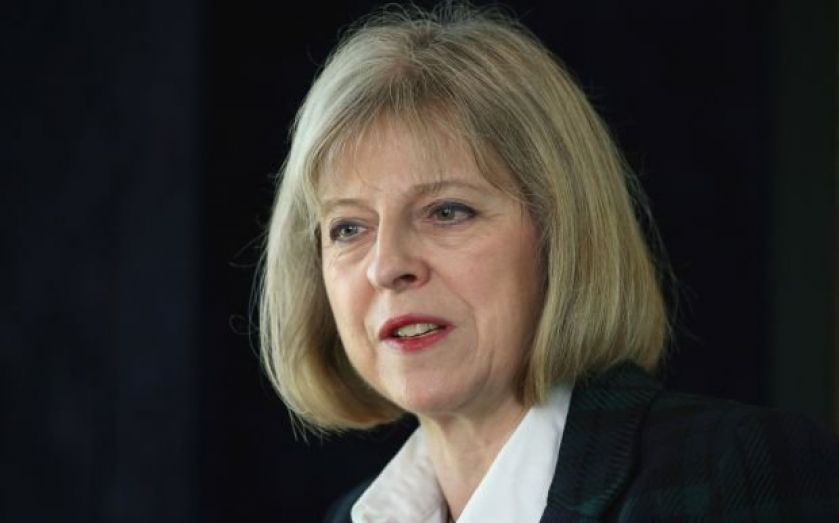What to expect from the Counter Terrorism and Security Bill: Theresa May warns of terror threat

The UK faces its biggest terrorism threat since any time before or since 9/11, as the Islamic State (IS) inflames home-grown extremism, home secretary Theresa May has warned.
In a speech at a counter terrorism event in London, May also revealed a new counter-terrorism bill is set to be revealed to Parliament on Wednesday.
But what should we expect?
Biggest terror threat since 9/11
Security services have foiled 40 terrorism plots since the 7/7 attacks, the home secretary said.
There have also been 753 counter-terrorism arrests since May 2010, leading to 138 terrorists being jailed and 13 people being extradited.
May said:
The security service believes that since the attacks on 7 July 2005, around 40 terrorist plots have been disrupted.
There have been attempts to conduct marauding "Mumbai-style" gun attacks on our streets, blow up the London Stock Exchange, bring down airliners, assassinate a British ambassador and murder serving members of our armed forces.
Almost all of these attacks have been prevented by the first-class men and women of our security and intelligence services, the police, and our allies overseas.
What are the new laws?
She also said the government will unveil a new Counter-Terrorism and Security Bill on Wednesday. Below are some of the new laws that we could see in the new Bill:
- The strengthening of Channel – a group that protects vulnerable people from being radicalised – using legislation
- The creation of a statutory duty on schools, colleges, universities, the police, prisons, probation providers and local government to help prevent people from being drawn into terrorism
- A strengthening of the Terrorism Prevention and Investigation Measure (TPIM) regime, which lets police and security services control the movements of terror suspects
- Raising the burden of proof for those being subjected to TPIM to "balance of probabilities" which makes the standard of proof more likely to be true than not true
- The ability to seize passports, for up to 30 days, of British and foreign nationals suspected of travelling abroad in order to take part in terrorist-related activities
- A new statutory Temporary Exclusion Order which will let authorities control the return to the UK of British citizens suspected of involvement in terrorism-related activity abroad
- Banning airlines that fail to provide information on passengers flying to Britain.
- Preventing insurance companies from providing cover for ransom payments.
- Requiring internet providers to retain IP addresses and identify individual internet users.
Human rights groups hit out
Human rights groups hit out against the proposed legislation, taking issue with the proposed requirement for internet providers to retain users' IP addresses.
Shami Chakrabarti, director of Liberty, said:
There's no problem with the targeted investigation of terrorist suspects, including where it requires linking apparently anonymous communications to a particular person.
But every government proposal of the last so many years has been about blanket surveillance of the entire population.
The Snowden revelations demonstrate that they were even prepared to act outside the law and without parliamentary consent. So forgive us if we look for the devil in the detail of this new Bill.
Emma Carr, director of Big Brother Watch said:
The Home Secretary’s speech today highlights that the “snoopers charter” is anything but dead and buried
The detail in the speech has done little to quell concerns regarding the technical requirements for retention of IP addresses.
It is essential that Wednesday’s Counter Terrorism and Security Bill shows clear discussions have taken place with the ISPs and that the government has a solid understanding of the policy's technical feasibility.